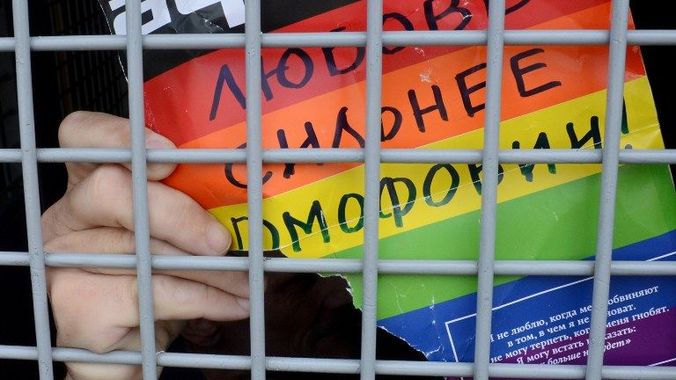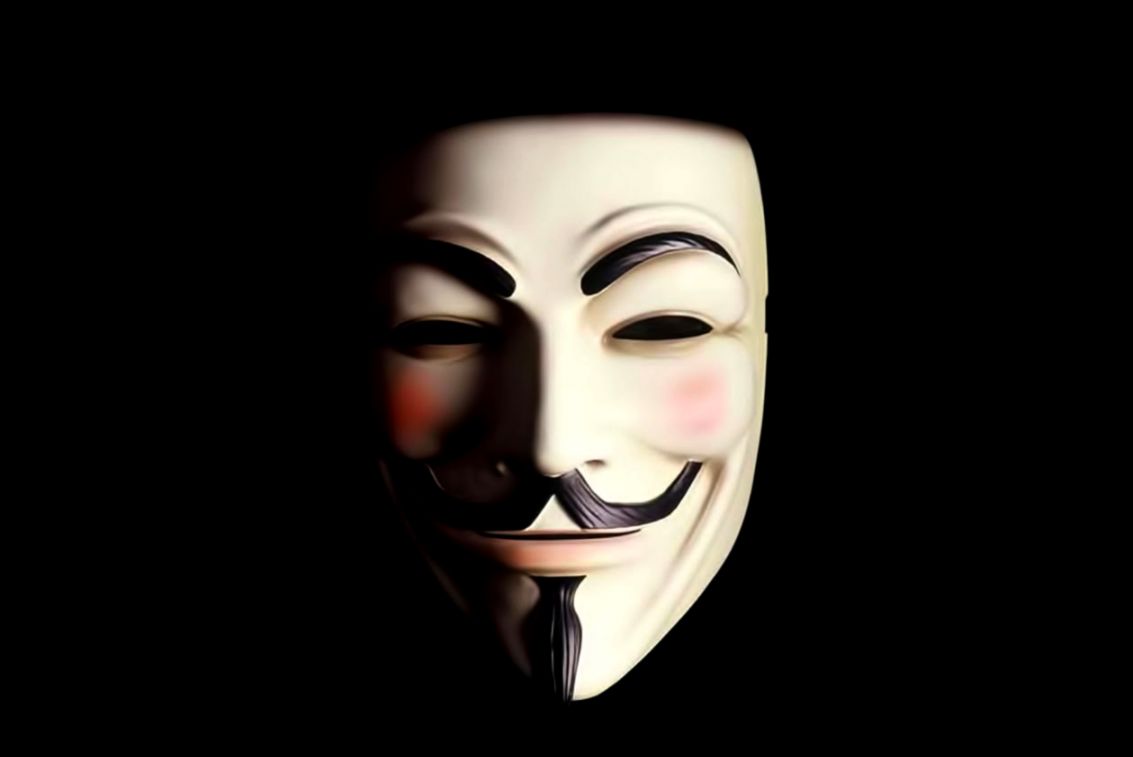Absolute taboos must not be performed in Russia
Russia is a country with quite a number of "unbelievable" taboos. Surely after reading it you will wonder: Is this really true?
1. Homosexual propaganda

Russia banned gay propaganda
"Propagating non-traditional sexual relations for young people" is illegal in Russia. In fact, this means that anyone who participates in the activity of claiming LGBT rights (or homosexual community) or thinks that homosexual equality with traditional sexual relations can be tried. criminal justice.
2. Anonymous blog

Russia prohibits the use of anonymous blogs
According to the law passed in 2014, blogs with more than 3,000 visitor visits per day - including social networking accounts - must be registered as a media and must comply with the law. Russian law in this area. Opponents argue that the law has limited freedom of expression and made users (bloggers) opposed to the government easily become prosecutors.
3. Western food

Russia banned the use of Western food
Moscow banned most foods imported from the US, EU, Canada, Australia and some other countries. This is a measure of retaliation for Western sanctions involving Russia's involvement in politics in Ukraine. In 2015, Russia also carried out the destruction of smuggled food into the country.
4. John McCain

Russia banned Senator John McCain from entering the country
As part of Western retaliatory measures, Russia issued a ban on US Senator John McCain and several other US and European officials to enter Russia. John McCain does not seem very upset with Moscow's ban. "This means that instead of going to Siberia Easter, I will go to Sedona, I cannot be more proud of being banned from visas," McCain said.
5. Photo processing from real people (meme)

Russia banned images from real people
There has been a trend of using the picture of Russian President Vladimir Putin fishing and accompanying the question "Where is Putin?" ("Where is Mr. Putin?") , This is illegal in the land of birch. Russian law prohibits the use of "fake" images, "unrelated to the true character" of people with public influence, because this is said to defame honor, dignity and Their reputation.
6. Child 44 movies

Russia banned the screening of Child 44 films
Russia banned Child 44 screening - Hollywood's horror film about the mass murder case that occurred in the Soviet era in the 1950s - after assuming the film context was built like "dangerous land Mordor." "in the series The Lords of the Rings .
7. Swearing

Russia banned swearing
Last year, Russia issued a ban on swearing words that appeared in movies, TV shows, arts and other mass media in the country. Violating individuals will face fines of up to 2,500 rubles (40 USD), while violating organizations or companies may be fined up to 50,000 rubles (700 USD).
8. Websites related to addictive substances

Russia prohibits websites from appearing images of addictive substances
Without a court order, the Russian Communications and Technology Administration still has the right to block or knock down any websites that are considered illegal. This law was designed to protect children from negative content on the internet, but was criticized by Reporters Without Borders for lack of transparency. Much of the content on Wikipedia in the Russian version has been removed because it is related to addictive and suicide.
9. Lace underwear

Russia banned the production of lace underwear
In 2013, Russia, Belarus and Kazakhstan formed a customs union and enacted laws that forced skin-to-skin clothing to be made of at least 6% cotton for human safety. use. It is worth noting that most expensive lace-type underwear have less than 4% cotton and therefore are considered illegal products in Russia.
10. Western soap

Russia prohibits the use of soap derived from other Western countries
Russian consumer protection agencies prohibit certain types of soaps and detergents from brands Procter & Gamble, Colgate-Palmolive and Henkel. Although manufacturing companies claim these types of products are safe for users, the Russian Consumer Protection Agency thinks they are "toxic" because they do not meet the safety standards prescribed by Russia.
- There is evidence that cannot be achieved 'absolute zero'.
- Long strides close to the secret of absolute zero
- Magnetic properties disappear at almost 0 degrees absolute
- The absolute power of the world's fastest interceptor MiG-31
- 17 facts sounds like a joke about Russia
- Japan's CRISPR gene editing technique has reached the level of 'absolute precision'
- VN successfully performed vasectomy connection
- Meteorites caught fire in Russia, 500 people were injured
- Russia experienced the warmest fourth autumn in history
- Russia first successfully implanted cardiopulmonary simultaneously
- The United States did not detect meteorite falling in Russia
- Poland successfully performed the first face transplant
 The truth about the mysterious red-haired giant at Lovelock Cave
The truth about the mysterious red-haired giant at Lovelock Cave Inunaki Tunnel: The haunted road leading into Japan's 'village of death'
Inunaki Tunnel: The haunted road leading into Japan's 'village of death' The mystery of the phenomenon of human reflection before dying
The mystery of the phenomenon of human reflection before dying 6 mysterious phenomena, although science has been developed for a long time, still cannot be answered
6 mysterious phenomena, although science has been developed for a long time, still cannot be answered